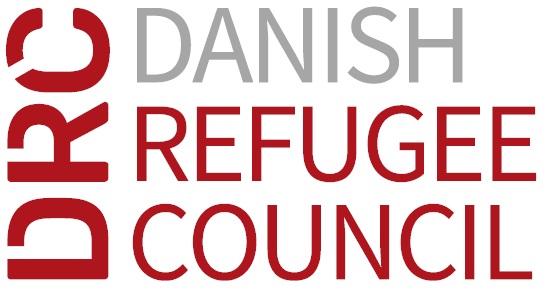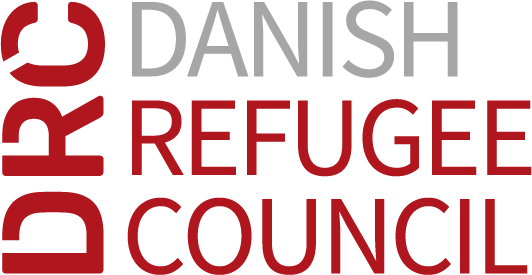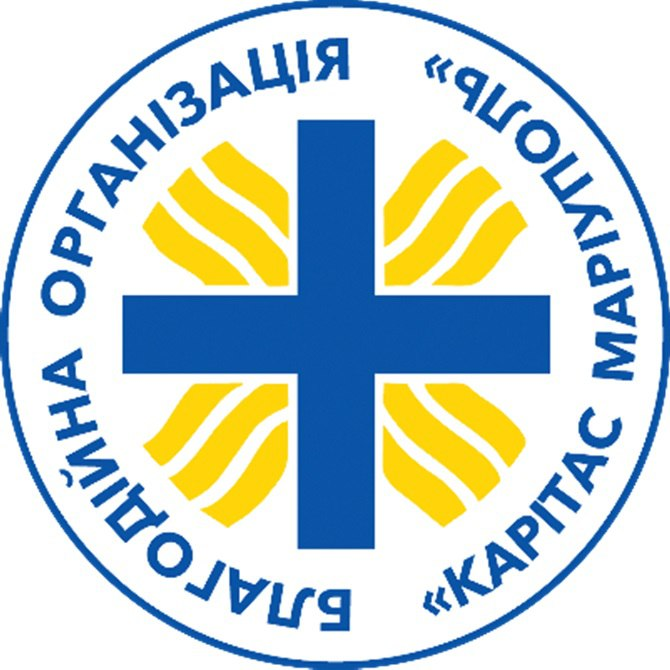How can Ukrainians living in different parts of the UK access childcare assistance and financial compensation, and how can they take advantage of free or paid education services?
Pre-school education
Childcare and access to education will vary depending on which part of the country you live in.
In England, you may be able to get help with childcare costs depending on your circumstances, including:
- 15 free hours of childcare per week for all children aged 3 to 4 years;
- an additional 15 hours of free childcare if you work and your child is aged 3 to 4 years old;
- free childcare if your child is 2 years old and you have a very low income or receive certain benefits.
You may also be eligible for childcare costs if you are in work or receive universal credit.
In Wales, there is (i) a childcare allowance for children aged 3 to 4 years and (ii) a childcare allowance for parents who are in education or employment.
Scotland provides childcare payments for children aged 3 to 4 years. Northern Ireland has a similar childcare benefit.
In England, you have 3 options for childcare in pre-schools:
- kindergartens provided by primary schools;
- private kindergartens; and
- private nurseries.
Kindergartens provided by primary schools are free. Other pre-schools are for pay.
Thus, the majority of preschools are for pay.
In order to reduce the number of hours you have to pay for in a paid preschool, you can use the 15 hours (in some cases 30 hours) that you are entitled to free of charge. In this case, the number of hours for which you have to pay will be 15 (30) hours less.
In order to apply for a place in a kindergarten at a local primary school, please follow the link.
Once you have identified your place of residence, you will be directed to the nearest local authority to apply.
In England, some local councils may offer pre-school care in places called Sure Start Children's Centres. In Wales, Scotland and Northern Ireland, there may be equivalent centres run by the local authority.
School education
In England, school education is divided into:
- primary school from 4 to 11 years of age;
- secondary school from 11 years to 16 years; and
- final year of secondary school from 16 to 18 years of age.
There are different forms of education for children in England:
- in a free, state-funded school;
- in an independent school (i.e. a private school or a state school), which usually costs money; and
- at home (so-called home education).
There are also a small number of university technical colleges (UTCs) and studio schools that teach children skills and technical qualifications in STEM (science, technology, engineering and mathematics). These are mainly for children aged 14 and over.
You can contact your local municipality to find the public schools in your area and the admission criteria.
Check with your local municipality whether you need to apply to the school or to the council to get a place for your child at school.
The local municipality's website should have an application form for school enrolment throughout the year. Your local municipality can help you find schools with available places in your area. To apply for a school place, you have to fill in the Common Application Form (CAF) of your local municipality. You can find it on the school admission pages of the local municipality's website or ask for a copy to be sent to you by post.
Each local municipality has different procedures for applying for a school place.
You will need to bring the following with you when you apply for a school place:
- a document proving your address (rental agreement, municipal tax bill, letter confirming that you are entitled to housing subsidies);
- any documents proving your identity and the identity of your child (biometric residence permit, passports, visas); and
- the child's birth certificate (if any).
When choosing a school, you can compare the results of different schools by following this link.
If your child will be 4 or 5 years old in September, you have to apply for a school place by 15 January of the year your child starts school.
If your child will be 11 years old in September, you have to apply for a place in the 7th grade (11-12 years old) no later than 31 October of the previous year.
Information on how to apply for a place at a primary school can be found via the link.
Information on how to apply for a secondary school place can be found via the link.
School education in Wales is very similar to the model in England. Priority is similarly given to the applicant's place of residence. The division into types of schools depending on the age of the child (primary, secondary, final year of secondary) and the form (free, independent, home) of education are the same as in England. Other details can be found via the link.
In Northern Ireland, children study from 4 to 16 years old. When applying, you need to indicate at least four primary schools that you prefer. If your child has not been offered a place at a school, the Department of Education will ask you to choose another option from among the schools that have available places. Other details can be found via the link.
Scotland provides free school education for all children aged 4 and a half to 18 years.
Your local authority is responsible for the provision of school education in the area where you live. You can find full details of how to apply for places at all schools and make enquiries via the link.
Language courses
The UK government funds the STEP Ukraine, programme, which provides free online English lessons and employment support to newly arrived Ukrainians to help them improve their employment prospects.
You can apply for this intensive programme on the World Jewish Relief website or by calling 0800 319 6089.
This programme is offered by the Development, Housing and Communities (DLUHC) to support English language and employment for 10,000 Ukrainians across the UK.
Participation in the language course is free of charge.
Some charities also offer a variety of English language courses in different regions of the country:
- free online ESOL courses;
- the Open University has free online resources for Ukrainians living in the UK and Ireland;
- as part of HelpUkraine from ILT Education Polylino, Polylino provides families from Ukraine with free access to their multilingual book platform. This also includes audiobooks;
- Specialised Training and Employment Programme (STEP) operates in 8 regions of the UK and is similar to the STEP Ukraine programme.
In addition, the British government recommends online language learning resources:
There are also many resources on learning English for children and teenagers, which can be found via the link.
Technical and vocational education
If you are over 19 years old and entered the UK on any of the three programmes available to Ukrainians, you can get training to develop the skills you need to work in the UK, for example, at training camps and courses funded by the adult education budget.
You can find information about further education courses, including adult education courses, by contacting your local authority or local college or further education centre directly.
You can also search for courses via the link.
As an example, Skills Bootcamps offer free, flexible courses lasting up to 16 weeks. You can view the full list of Skills Bootcamps courses currently on offer via the link.
Vacancies can be found on the following websites:




